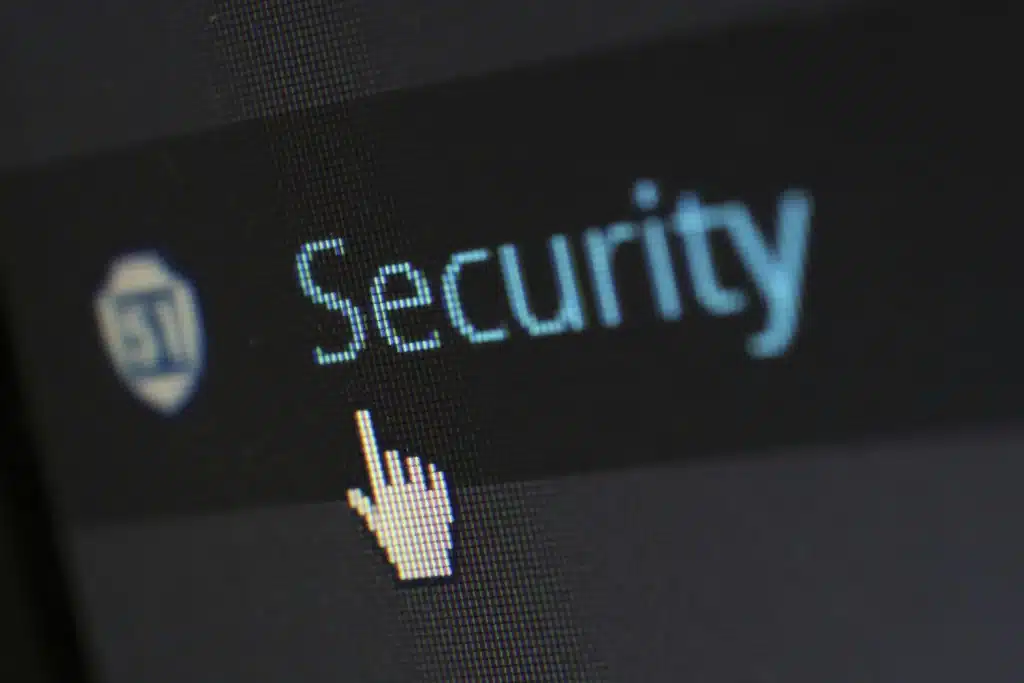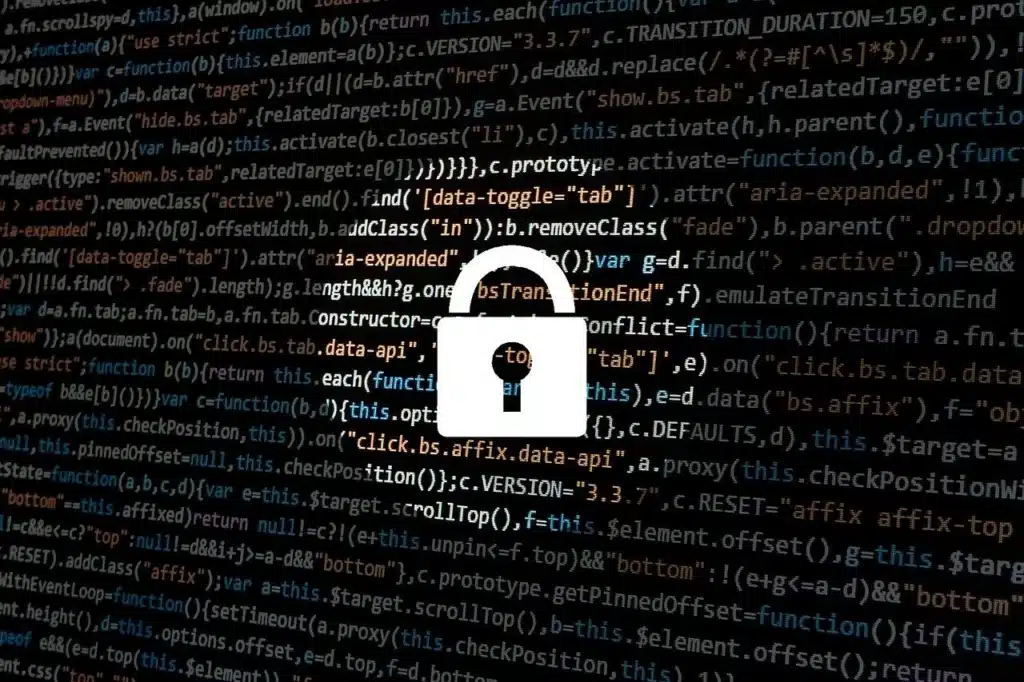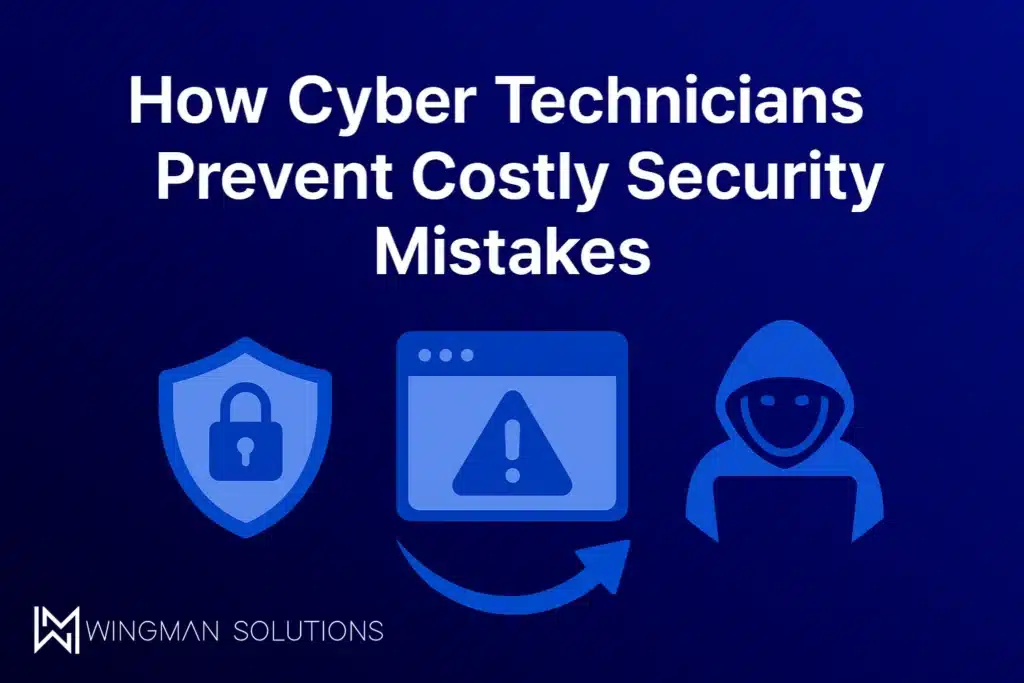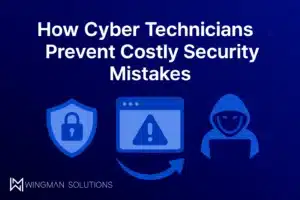In today’s digital world, almost every business relies on technology to stay productive, connected, and competitive. But the same systems that make work easier can also leave companies vulnerable to cyber threats. One wrong click, one ignored update, or one weak password could lead to data loss, downtime, or expensive recovery efforts.
That’s why cyber technicians are so valuable. They’re the experts who make sure your data and systems stay protected, your team stays informed, and your business avoids those costly security mistakes that so many companies face.
Let’s take a closer look at who these professionals are, what they do, and how they can save your business from expensive security headaches.
What is a Cyber Security Technician?

Cyber security technicians are the people responsible for defending an organization’s computer systems and data against digital attacks. You can think of them as the “security guards” of the online world, always watching for suspicious activity, patching weak spots, and making sure everything runs safely behind the scenes.
A Certified Cyber Security Technician has undergone professional training to identify, prevent, and respond to cyber threats. They understand how hackers operate, and they use that insight to create strong defenses that keep organizations safe.
Their job combines technical knowledge with strategy and communication. A great technician doesn’t just manage systems, they help teams understand the importance of security and encourage good digital habits across the entire organization.
What Does a Cyber Security Technician Do?
If you’ve ever wondered what a cyber security technician does, the answer is: a lot more than you might think. Their work touches nearly every part of your digital environment, from the computers on your desks to the servers running your business applications.
Here’s what their day-to-day typically looks like:
Monitoring Systems Around the Clock
Cyber security technicians monitor company networks continuously, looking for signs of unauthorized access or unusual activity. They use specialized tools to flag anything suspicious, from strange login attempts to unexpected data transfers. Catching these issues early helps prevent larger problems down the road.
Keeping Systems Updated and Secure
Updates and patches are critical to cybersecurity. A cyber security support technician ensures that all operating systems, apps, and software are up to date. Those “minor” updates often fix security flaws that hackers could exploit.
By managing these updates carefully, technicians close security gaps before they can be used against your business all while minimizing disruption to your day-to-day operations.
Managing Access and Permissions
Not everyone in an organization needs access to everything. Cyber security technicians help set up user permissions so that each employee only has access to the files and tools necessary for their job.
They also enforce strong password policies and implement multi-factor authentication, adding an extra layer of protection against unauthorized access.
Responding to Security Incidents
Even with strong defenses, no system is 100% invincible. When a threat slips through, technicians are the first to respond. They isolate affected systems, investigate what happened, and take steps to prevent the issue from spreading.
Afterward, they review the event to learn what went wrong, turning every incident into an opportunity for improvement.
Maintaining Security Documentation
Cyber security technicians maintain logs, records, and reports that track network activity, updates, and incidents. This documentation is essential for audits, compliance, and troubleshooting.
It’s also how they spot long-term patterns that might indicate a hidden issue.
Educating Employees
The best cybersecurity systems can still fail if people make mistakes. That’s why cyber security technicians also focus on education. They train staff to spot phishing emails, create secure passwords, and handle data responsibly.
A good technician helps make cybersecurity part of your workplace culture.
Why Cyber Technicians Are Crucial for Every Business

It’s easy to assume cyber threats only happen to big corporations. But in reality, small and medium-sized businesses are often the ones most at risk. This is because hackers know smaller companies may not have strong protections in place.
Here’s how cyber security technicians prevent the kinds of security mistakes that can become very costly, very quickly.
Preventing Data Breaches
A single data breach can cost thousands in downtime, legal fees, and lost customer trust. Cyber security technicians constantly monitor and test systems to find vulnerabilities before attackers do.
Their proactive work helps stop breaches before they begin.
Reducing Downtime
System outages can grind business operations to a halt. A cyber security technician sets up safeguards, regular data backups, and fast recovery options so that if something does go wrong, downtime stays minimal.
Ensuring Compliance
Privacy and data protection laws require businesses to handle information securely. Technicians make sure your systems meet these legal standards through encrypting data, managing access, and maintaining secure storage. This keeps your business compliant and trustworthy.
Protecting Reputation
Customers want to know their data is safe. A single breach can seriously damage that trust. Technicians help protect your reputation by reducing the risk of leaks and ensuring that your digital environment remains secure and reliable.
How Businesses Work with Cyber Security Technicians

Cyber security technicians can be part of your in-house IT team, or you can outsource IT services from experts who specialize in cybersecurity. Both options work. The right choice depends on your company’s size and needs.
In-House vs. Outsourced
Large organizations may employ full-time cybersecurity staff. Smaller companies often work with managed IT providers who monitor and maintain systems remotely.
Partnering with external experts gives you access to advanced tools and experience without the cost of hiring an entire department.
The Importance of Certification
A Certified Cyber Security Technician isn’t just someone who “knows computers.” Certification shows they’ve been formally trained to analyze threats, secure systems, and respond to attacks effectively.
When hiring or outsourcing, look for recognized cyber security certifications like CompTIA Security+, Cisco, or Microsoft certifications.
Clear Communication Matters
Strong technical skills are important, but so is communication. The best technicians can explain complex cybersecurity issues in plain language, helping business owners understand what’s being done and why it matters.
The Evolving Role of Cyber Security Technicians
Cyber threats evolve fast. Today’s cyber security technicians work with advanced tools like artificial intelligence and automation to detect and stop attacks faster than ever.
They’re also moving beyond traditional office networks, protecting remote teams, cloud platforms, and even smart devices. As the digital world grows, their work becomes even more essential.
Final Thoughts on Cyber Security Technicians

Cyber security technicians are the unsung heroes of the digital workplace. They prevent costly mistakes before they happen, protect sensitive information, and ensure your systems run safely and efficiently.
Understanding their role is key to staying secure. Investing in skilled professionals or partnering with reliable IT providers can make all the difference in preventing cyber incidents that could disrupt your operations or damage your reputation.
If you’re exploring local support options, Mississauga IT companies like Wingman Solutions specialize in helping businesses stay safe in an increasingly connected world. Our focus is on practical, long-term protection that keeps your systems strong so you can focus on growth with confidence.
Frequently Asked Questions (FAQs)
What skills does a cyber technician need?
They need both technical and problem-solving skills. They need to understand networks, firewalls, and operating systems as well as have good communication to explain security steps clearly.
Do small businesses really need cyber security technicians?
Yes. Smaller companies are often targeted because they have fewer defenses. Even basic cybersecurity support can make a huge difference.
How is a cyber technician different from an IT technician?
An IT technician maintains systems and hardware. A cyber technician focuses specifically on keeping those systems secure from attacks.
How often should a business review its cybersecurity setup?
At least once or twice a year, though more frequent reviews are better. Threats evolve quickly, so regular checkups keep your defenses current.




